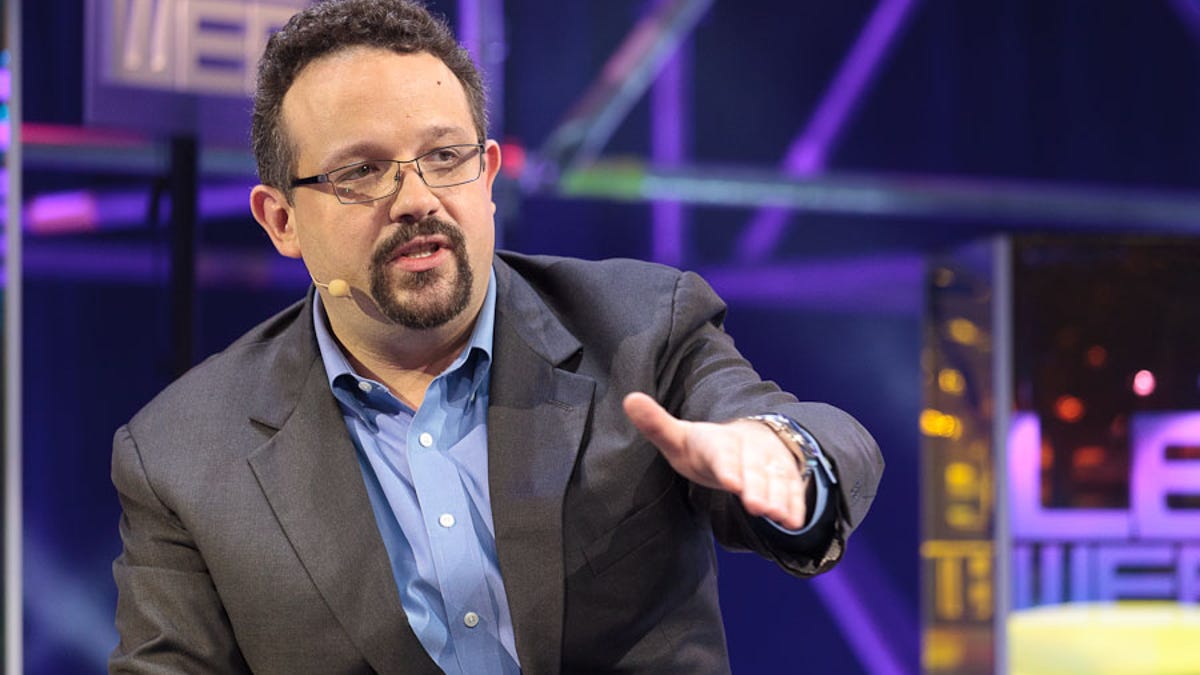Evernote, like Twitter, in no rush to go public
Evernote CEO wants company ready for IPO in 2013, but says he will delay actual filing for years after that.

Evernote announced yesterday that it raised $70 million in funding that it didn't need, in order to get ready for a public offering that, CEO Phil Libin hopes, is still several years away.
Libin said that the $70 million, raised from Meritech Capital, CBC Capital, and other investors, will add to the company's war chest, which previously held $96 million from rounds that the company has also barely touched.
"This more about building an infrastructure for the 100-year company," Libin said. "We're going to buy more servers and switches and capacity than we need. And a big part of the infrastructure is financial. We want to isolate ourselves from market fluctuations."
Libin talks a lot about this idea, "the 100-year company." I know him to be a practical and transparent CEO, but I have always found this talking point hyperbolic. What does he mean by it?
"We wanted to make Evernote a company for us to be in for the rest of our lives. I've worked with some people here through three companies. We got tired of building for other people. We don't want to be acquired. We want to be large and durable. So we'll go public. It's not an exit, it's an important step."
And it's a long step for the note-taking and archiving software company. The IPO is still years off, Libin says. "Our IPO-specific goal is to be at IPO scale by the end of 2013. Then, after that, we'll delay the IPO itself by a number of years until the timing is right. We want to have the flexibility."
It's a measured approach for a frenetic industry, where a big worry is the investment bubble popping. Libin is trying to operate at a more deliberate pace. He says he set his company's strategy and goals years ago, and for the most part, has not changed them.
According to Libin, in 2010 he told his company and investors that in each of the following years the company would have a singular focus:
2010: User growth. This was the year of the big push in getting new users, and figuring out how to get users to spread the word on Evernote to others.
2011: Retention. The goal in 2011 was to get Evernote users to stay with the product.
2012: Engagement. The goal for the current year is to get users to come back more than they have been, and to do more things. "We want Evernote to become a daily part of your life," Libin says. It's why the company has been adding more apps and features.
2013: Conversion. Next year, the company will start to look at new ways to convert free users to paying users. Libin says that the business is working, with about 1.1 million paying users of 30 million total, but obviously those 29 million non-paying users represent a big potential revenue source.
2014: Profit maximization. Once Evernote has figured how to get more users to convert to paid, it's still going to figure out what to charge them. In a previous interview, Libin told me that the Evernote Premium price point ($45 a year) was a total dartboard number. The company hasn't run analysis on the price or experimented much with different offers. Analyzing and adjusting the paid service for Evernote, Libin admits, is a no-brainer next step for the company. It's also something that will make stockholders happy.
Phil Libin admits that he hasn't been right about everything. In 2007, for example, he said, "I wrote that smartphones would be an important part of Evernote. I thought the big platforms would be BlackBerry, Windows, and Symbian. I didn't think there'd be room for all three, so one would drop out, and by 2010 we'd be down to two platforms. I was totally wrong in thinking there couldn't be three platforms and obviously about which ones."

